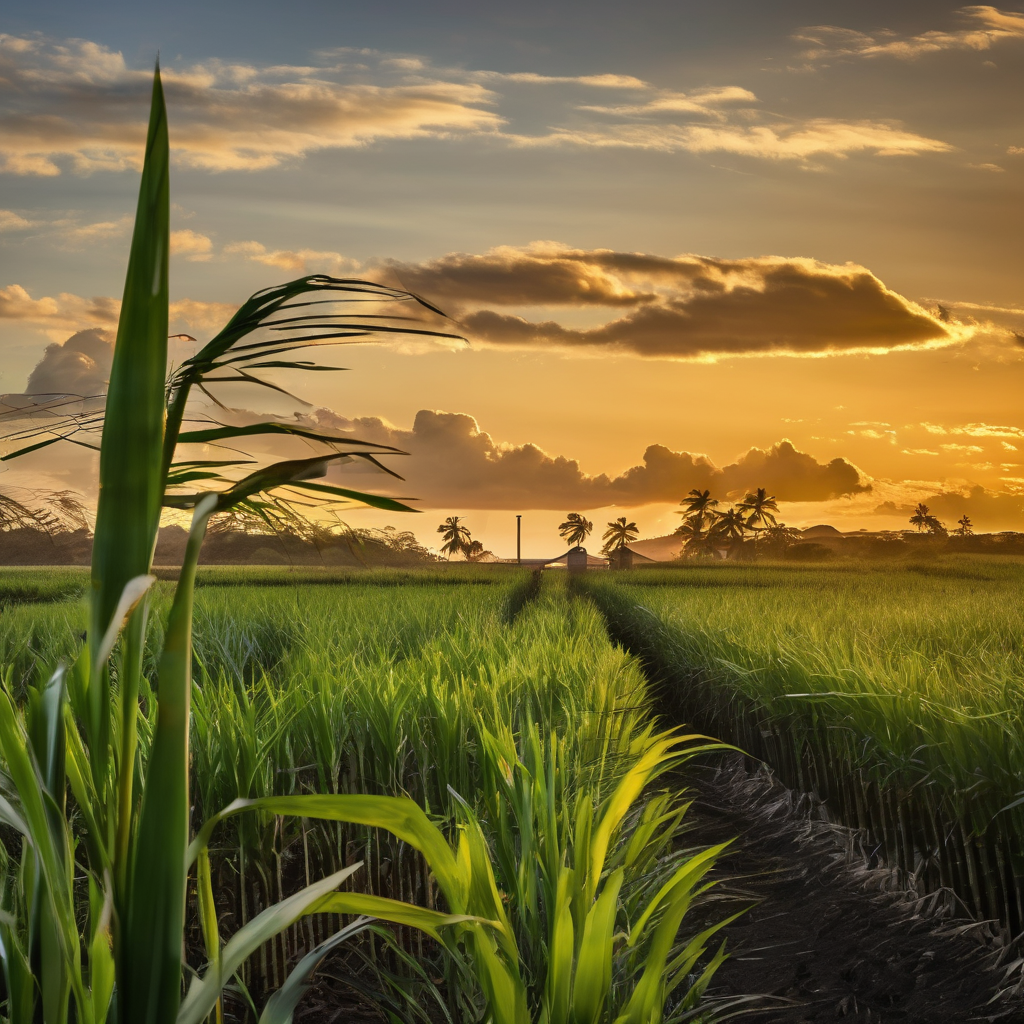Opposition Leader Inia Seruiratu has raised concerns in Parliament regarding the unclear allocation of quotas for farmers delivering sugarcane to the Lautoka Sugar Mill on Viti Levu, following the closure of the Rarawai Sugar Mill. Seruiratu highlighted that the current quota system, which allows for two loads per farm managed by the Fiji Sugar Corporation (FSC), is generating confusion among farmers in areas such as Rarawai, Penang, Sigatoka, Tavua, and Lautoka.
Concerns extend to fines imposed on farmers delivering burnt cane, an issue prevalent in regions like Labasa where a significant portion of cane processed is burnt. In response, Sugar Minister Charan Jeath Singh indicated consideration of concessions for farmers affected by fines and acknowledged the broader challenges of having only one operational mill now. Singh emphasized the importance of ensuring the Lautoka Mill can handle an increased cane supply, while also noting ongoing assessments by the FSC team to address farmers’ concerns.
This situation is part of a broader challenge facing Fiji’s sugar industry, where operational inefficiencies and frequent breakdowns at the Lautoka Sugar Mill have been repeatedly highlighted by figures like National Farmers Union General Secretary Mahendra Chaudhry. He criticized ongoing mechanical failures, arguing they lead to substantial losses for farmers who wait for extended periods for their cane to be processed. The mill’s performance has been under scrutiny, with the necessity of investing in modernization and improving operational efficiencies being a shared call to action.
Despite these challenges, there is hope within the industry. Proactive measures and ongoing investments in milling infrastructure suggest potential for a revitalized sugar sector in Fiji, aiming to stabilize and possibly increase yields through better industry practices and collaboration among stakeholders. The collective push for improved efficiency and accountability reflects a resilient farming community’s desire for a more prosperous and sustainable future in the sugarcane industry.
